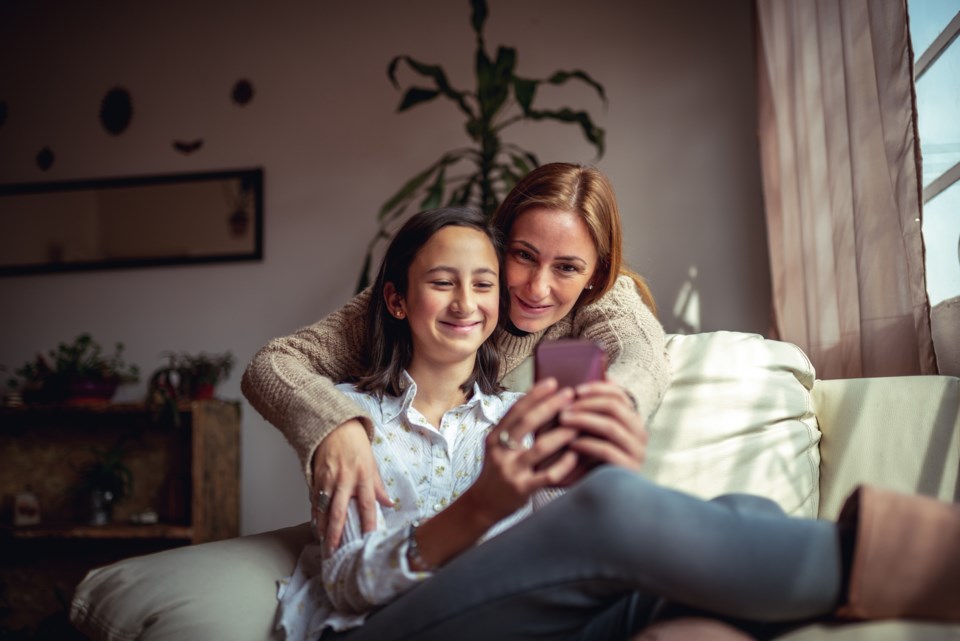Teen years are tough. And they are meant to be tough.
The teen brain is designed to push back as a way to help them find their own identity, separate from their parents. And when this happens, it is very hard on parents. We actually go into a state of mourning when we lose our precious children to the teen years. I recommend that every parent reads books on preparing for the onslaught of the teen years (because they will happen no matter what) and then continue to read books on parenting teens.
There are different developmental stages to understand and when you just get the hang of it, they change and enter a new stage. The challenges will happen no matter what, and how we handle them (with acceptance or with resistance) determines our own level of personal growth.
During the teen years, we think we need to educate our kids about the world, but we have already taught them most of what they need to know to make safe decisions and become a good person.
This time is really about letting them go — starting the process of releasing them to the world, and this is the scariest part because they don’t act as mature as they did when they were 11 years old. I remember my daughter at that age saying to me, “I will never be like that mommy” as we witnessed a random teenager sassing off her mother. And I actually believed that my precious child would be different. Ha! She is now a lovely young woman in her 30s and we have a fabulous relationship, but there were some grief years for sure.
We are so conditioned not to ‘air our dirty laundry’ for fear of judgment from the ‘neighbours’ and we too often compare the inside of our own family situation with the outside of others.
My father used to say things like, “Other families don’t fight. What’s wrong with you all?” I grew up thinking there was indeed something wrong with us, but now I realize we were all just competing for the scarce resource of our parents’ attention, as they were in a state of overwhelm themselves. Ultimately, and sadly, my parents' marriage did not survive our teen years. I like the saying “parents need to turn to each other rather than on each other” when it comes to disagreements around raising kids, as kids will hone in on any parental disharmony and use it against their parents. This is very dangerous and can cause great dissension between parents, especially those who are trying to co-parent during a separation or divorce. I want to remind these parents that children live in the energy created between you.
As all families have their own internal struggles, especially during the teen years, and many parents feel like failures with their kids, we need to have compassion for each other and support each other.
Hiding our need for support does not help our kids or our family. Books on teens, workshops, friends, family, and parents of other teens can be a great support as long as there isn’t competition or judgment. Continue to reach out if you are struggling, and trust that you will receive the support you need. We are not alone and support helps us see our stories shared by others.
Public health offers family services in most communities as well as family counselling.
In seeking support myself, I found that I was the one who had to give up the power struggle and the need to be right and in control. It is a challenging time, being in a relationship with teens but ultimately, it is our responsibility to continually change and accept the inevitable separation from our children.
I spent a lot of time with my kids when they were young and felt we had really close relationships, so when they pushed away in the early teen years, I felt devastated and took it personally.
My journey of letting go and learning to respect my kids as young adults while finding another identity for myself is ongoing. I believe that the greatest life lessons are through our relationships if we are open-minded and humble enough to learn.
It is up to us to accept the lessons and give up what we used to know, and heal any generational traumas or dysfunctional parenting styles. I truly believe we have the kids we are meant to have, in order to learn the lessons we are meant to learn.
Our kids are only children (or teens) for such a short amount of time and most of our relationship with them will be as adults. It is worth having an unconditional loving base so that minimal damage is done in order to evolve into healthy adult relationships with our kids.
Read How to Apologize to our kids for further discussion on this topic.
Claire Nielsen is a health coach, author, public speaker and founder of www.elixirforlife.ca. The information provided in the above article is for educational purposes only and is not a substitute for professional health and medical advice. Please consult a doctor, health-care provider or mental health practitioner if you're seeking medical advice, diagnoses and/or treatment.




